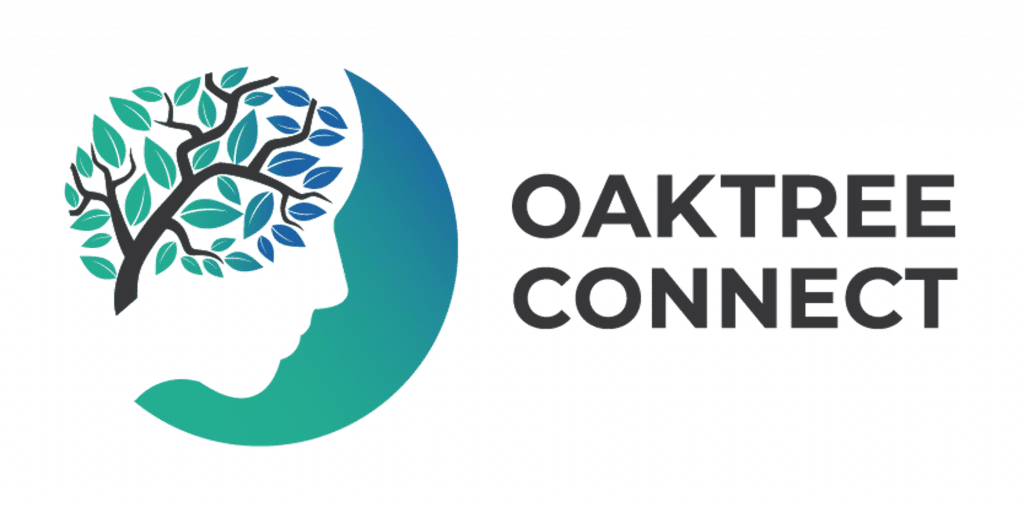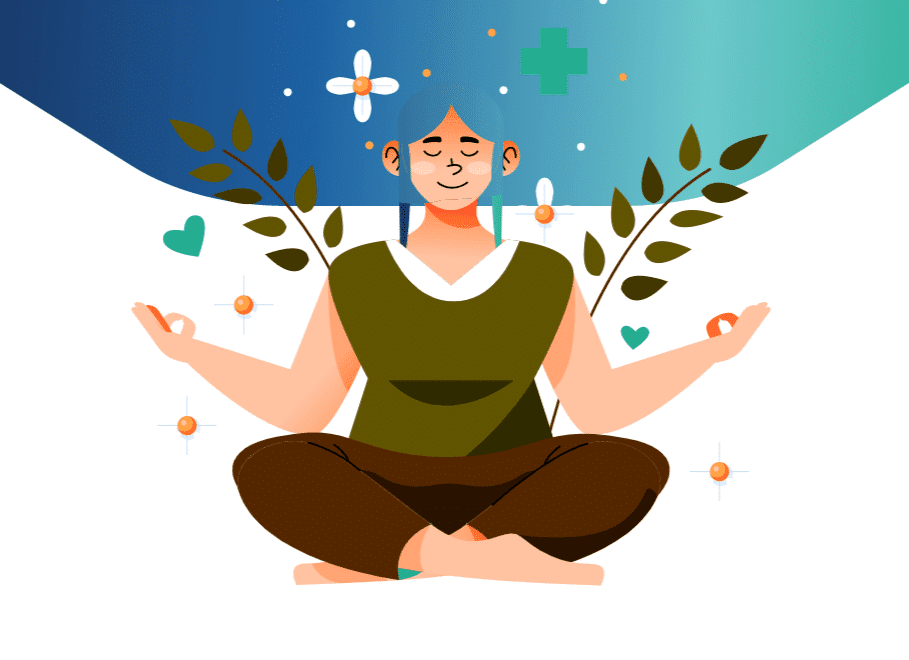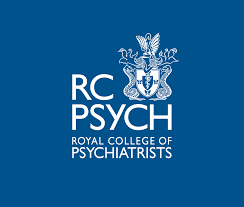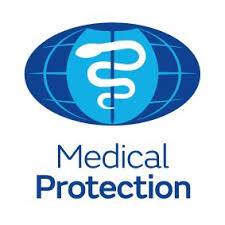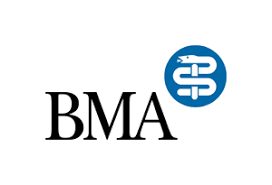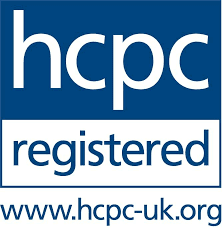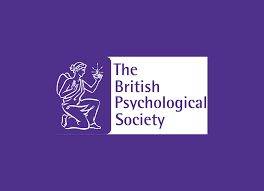Cutting Edge Treatments for Fighting Depression

"Do not dwell in the past, do not dream of the future, concentrate the mind on the present moment."
Buddha
For 8% of adults and 15% of youth, depression is more than a passing phase. It’s an ongoing condition that interferes with the ability to complete various tasks. It causes substantial disruption in personal and work life, as many of the readers will identify with. Depression can also lead to physical conditions like heart disease, digestive issues, and chronic pain.
The treatments for depression have stayed unchanged with only a few new antidepressants medicines approved by the authorities in the last 20 years, little improvement in side effects or how quickly the treatment can start to work.
The exciting news is that now new research and development has providedl brand new ways to treat depression, even when the traditional means of treatment proved unhelpful. There is also evidence that these novel treatments added significantly efficacy and the swiftness with which they work is superior to antidepressant drugs. Some of them are even less likely to cause side effects. It is fair to say that the treatment for depression is finally entering a modern era.
What are Cutting Edge Treatments for the Treatment of Depression?
Repetitive Transcranial Magnetic Simulation (rTMS)?
rTMS uses magnetic fields to stimulate nerve cells in the brain to minimise depression. It is a non-invasive procedure approved by National Institute of Clinical Excellence (NICE) in the UK and the Food and Drug Administration (FDA) in USA, for patients who unsuccessfully tried other treatment methods, in the past. It may also be used to treat OCD, anxiety, migraines, chronic pain, and tinnitus.
During an rTMS therapy for depression session, an electromagnetic coil is placed on the scalp, stimulating nerve cells in the region of the brain that controls mood. It may activate areas of the brain that experience reduced activity due to depression.
Unlike other treatments, rTMS does not produce serious side effects. Patients may experience slight discomfort or pain, but these symptoms should dissipate within a day. The treatment may be permanent for some, but others may have to return for additional treatments every few months if symptoms return.
A 2024 NCBI report shows two-thirds of patients treated with rTMS experience remission or at least a 50% reduction in symptoms. Combined with brain imaging, remission (relief from depressive symptoms) rates have nearly reached 80% in various clinical trials.
Psychedelic Drugs
Many will find the mention of this treatment here surprising but following research of controlled and clinical use of these substances has been found to be an excellent option. Psychedelic drugs such as psilocybin and MDMA (ecstasy) when used as prescribed by medical professionals, have shown potential to relieve treatment-resistant depression (depression that has not responded to at least 3 other treatment regimes).
Experts believe that these drugs encourage the growth of new connections between neurons in the brain, promoting plasticity. Neuroplasticity is the brain’s ability to change itself and grow, this can help reduce depressive symptoms significantly and over longer periods. It can also be useful in recovery from other mental conditions.
In Australia, the Therapeutic Goods Administration (TGA) made a significant decision in February 2023 regarding the classification of psilocybin and MDMA. The TGA, which functions similarly to the UK’s Medicines and Healthcare Regulatory Authority (MHRA) and the USA’s Food and Drug Administration (FDA), announced that these substances would be moved to schedule 8. This reclassification allows approved psychiatrists to use these substances for patients who have not responded to at least two other treatment methods.*
It is fair to say that psychedelic drug approach has proven successful. One of the most extensive clinical studies revealed that 71% of patients experienced a significant reduction in symptoms within four weeks after a single dose of the drug Psylocybin in patients with major clinical depression. 54% of participants experienced substantial length of remission within the same time frame. These are findings that are quite encouraging and may pave a completely new way of treating depression by the professionals.
However, although psychedelic drugs may be beneficial, they have certain drawbacks. They can produce negative psychedelic experiences even at smaller doses for a minority of the patients. It is clear that their administration has to be closely supervised by professionals in a clinical environment. In the UK a handful of clinics are licensed to provide this treatment currently.
Deep Brain Stimulation (DBS)
Deep brain stimulation is a surgical procedure that involves implanting electrodes in specific regions of the brain. The electrodes produce electrical impulses that affect brain cells and chemicals. A pacemaker-like device implanted in the chest with wires connecting to the brain’s electrodes controls stimulation levels.
The treatment may help treat Parkinson’s Disease, epilepsy, OCD, depression, Huntington’s disease, dementia, anxiety, and other medical conditions.
DBS has been shown to produce an average of 60% response rates in chronically and severely depressed patients. However, the rate of symptom reduction varies greatly. The procedure is also invasive and may lead to complications and side effects. It is therefore used sparingly and more as a ‘last resort’ treatment for life-threatening treatment resistant depression.
Depression Treatment Comparative Table
Review this comparison chart for an overview of the depression treatments included in this article.
Condition | Side Effects | Success Rates |
rTMS | Local scalp discomfort and pain, headache, twitching, tingling, spasms, lightheadedness | 66% to 80% success rates with patients achieving temporary to complete remission |
Psychedelic Drugs | It may put the patient at risk due to the psychological effects immediately following administration; It may also cause temporary side effects like headache, digestive issues, rapid heartbeat, and high blood pressure | 71% success rates with patients achieving temporary to complete remission |
Deep Brain Stimulation | Surgery complications and side effects, including tingling, numbness, muscle tightness, trouble with speech and balance, lightheadedness, mood changes, and vision changes | 60% success rates with varying reduction of symptoms. |
Disorder Related Blogs
- Anorexia Nervosa: Recognise the Quiet Killer
- Patient Talk - What Does Severe Clinical Depression Feel Like?
- Dear Mum: A Story by an Oaktree Patient with Depression
- SCHIZOPHRENIA – A Poem
- Autism: Dispelling Myths
- Mental Fitness: “I Have an Addiction”
Lifestyle Related Blogs
- Preventing Online Burnout
- Sad at Christmas? Help Is at Hand
- Burnout at Work
- Mental Fitness: How to Beat Stress
- Mental fitness: Brain Stimulation Therapy
- Mental Fitness: When Should You Stop Driving?
- Mental Fitness: “Let Us Talk About It”
- How to Combat Work-Related Stress
- Foods that make you happy
- Business Spending on Mental Health, Worth it?
- Employers Need More Awareness of Mental Health Issues
Other Blogs
Oak Tree Connect Offers Successful rTMS Treatment.
Oak Tree Connect offers comprehensive rTMS treatments in our Birmingham, UK facility. We have treated 125 patients with an 86% remission rate. Our dedicated team of highly experienced professionals will develop a customized plan suited to your needs.
Therapeutic Goods Administration (TGA). MDMA and Psilocybin Hub. Department of Health and Aged Care, Australian Government, 2023 (https://www.tga.gov.au/products/unapproved-therapeutic-goods/mdma-and-psilocybin-hub).
Contact us to learn how our unique depression treatment can improve your quality of life.
Are you a leader and need mentoring or coaching? We may be able to help. Contact us at contact@oaktreeconnect.co.uk.
Dr Singh is the consultant psychiatrist with a special interest in neuropsychiatry. Having seen and treated hundreds of patients with ADHD, in London and Birmingham and with masters in Neuropsychiatry, she is well known as an expert in this field.
Contact:
Email – clinicadmin@oaktreeconnect.co.uk
Telephone – 020 39277699
Recent Blogs
Oaktree Connect Fees & Pricing for Other Services
There may be additional fees payable after your assessment, for which you will receive an invoice: for example, for the costs for prescribing medication agreed between you and the psychiatrist at the time of assessment. We try our utmost to stay within the time allocated for the appointment however, you could be charged for any extra time spent in the consultation, if the meeting runs over the allocated time, or where communications with you or reviewing notes etc. exceeds what is deemed reasonable, but this is at the discretion of the clinician.
